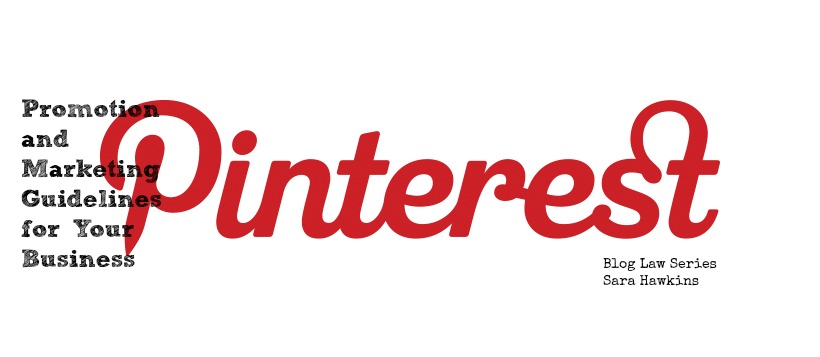
On Wednesday, November 14, 2012, Pinterest updated its Terms of Service (TOS) for both businesses and individuals as well as adding several other guidelines relating to how the site is used. Specifically, I’d like to address the Promotion and Marketing Guidelines. Pinterest now permits a business-level account and to guide businesses, these guidelines were added. If you are a business then your Pinterest account should reflect that now and they make it very easy to convert your personal Pinterest account to a business account. Please note that promotions and marketing are not permitted on individual accounts.
Now, business users of Pinterest not only have an authorized level account but also have guidelines much like the Facebook promotion guidelines. Pinterest is taking an active role in how the site is used by business-level third-parties (bloggers, brands, PR agencies, small businesses, entrepreneurs, etc.) for promoting the interests of the third-party. The days of self-policed pinning, re-pinning and asking for engagement on the platform are gone. Now, there is a real risk of losing your account or board(s) for violating the Pinterest Promotion and Marketing Guidelines. As with the prior Terms of Service, Pinterest reserves the right to terminate your account for, well, pretty much any reason and at any time.
So, you’re wondering how to be compliant with these new guidelines, right? If you’re familiar with the Facebook promotion guidelines, these from Pinterest will appear very familiar. If you are not familiar with those promotion guidelines for Facebook, I suggest you read up on them if you’re using the platform for marketing and promotions.
Pinterest Promotion Guidelines
Note: since marketing programs are different than promotions, I am only addressing the terms that specifically address conducting promotions while using the Pinterest platform.
1. Do not suggest Pinterest is sponsoring your promotion or affiliated with you or your organization (business, website, blog, etc).
This makes sense. Pinterest does not want to be used to give credibility to your marketing or promotion by suggesting the platform approves or endorses or sponsors your activities. While Pinterest does not provide specific language to use, it would be in your best interest to add a disclaimer on the site where the promotion is held, as well as in the Official Rules, stating that there is no affiliation, endorsement or sponsorship by Pinterest.
2. Encourage authentic engagement.
In this second paragraph, Pinterest specifically refers to promotions as “contests”. I find this interesting, as it indicates there is an understanding that a promotion which incorporates taking action on Pinterest would not meet the definition of a “sweepstakes”. A contest is legally different than a sweepstakes. A contest incorporates some type of skill and the winner is chosen based on merit rather than randomly. I don’t think this nuance will be understood by the majority of people/businesses hosting a promotion on Pinterest. I think that using the word contest is an error given that in the following paragraph Pinterest also used sweepstakes. I have reached out to Pinterest to get clarification and have asked for the language to be updated if this paragraph refers to both contests and sweepstakes. I’ll let you know if I hear back. Until there is further clarification, I think it’s safe to assume that both contests and sweepstakes are what’s intended (since they use the word sweepstakes in the “don’t” column) and that for either of these types of promotion you should only encourage your entrants to use Pinterest as intended.
You should:
- encourage authenticity – this is further defined as rewarding quality (italics mine) not just quantity of pinning. It’s difficult to know what this means since there are people who spend many hours pinning and are doing so very authentically. This is where clear terms and means of entry are important. You want to make sure the means of entry are fair not only to the participants but also to the platforms used.
- comply with the Pinterest anti-spam terms – you want to encourage participation while not running afoul of other terms or conditions
- promote your promotion – since there is no “like gating” (requiring someone to “like” you before gaining access to certain information) on Pinterest, you may promote your contest or sweepstakes through your various marketing channels and link directly to your Pinterest account or board.
Specifically, you may not:
- use a pin or repin as a means of entry – this is for a number of reasons, one of which is that Pinterest only wants the platform involved in the most minimum of ways. In addition, there are functionality limitations and you may be unable to see the names/accounts of all who pinned or repinned thus creating a logistical problem in choosing and/or notifying your winner.
- use a like as a means of entry – the reason for this is similar to those above and it’s much more difficult, if not impossible, to see all who liked your pin during a specific period of time.
- ask entrants to vote using the repin or like function – again, Pinterest does not want to be involved in your promotion or marketing any more than it has to be. By prohibiting these functions either as a means of entry or for entering then reporting back to you, Pinterest is protecting itself. And, in many ways it’s recognizing the limitation of the platform as a promotion and marketing mechanism.
- encourage “spammy behavior” – while this is not specifically defined, Pinterest does suggest that encouraging “participants to comment repeatedly” would be considered “spammy behavior”. This is one of those “I know it when I see it” type of terms. What’s spammy to one may not be spammy to another, what’s spammy today may not be spammy tomorrow, so this will likely be something that will be tested over time.
3. All promotions must comply with legal and regulatory guidelines.
Despite being in the US, Pinterest attracts users from all over the world. Pinterest is not the government and complying with their guidelines isn’t compliance with legal or regulatory guidelines in your or any other country. “Is my giveaway legal” is not the same as “Does my giveaway violate any TOS?”. The platform rules are clear that you are responsible for this aspect of your promotion. They’re also very clear that if they’re sued because of what you do then you’ll be paying their legal bills.
Remember that just because Pinterest says you can ask for a pin, a comment, a repin or a like doesn’t mean that those are legally compliant. Further, if your pin board is part of a sponsored promotion there may be other regulatory compliance that has to be incorporated as well.
Overall, these promotion guidelines are common sense and aligned with what the other large social platform has done. Because there is no “like gating” there are few applications that track all the different actions an entrant can take using this social network. There are applications and widgets that can be used which can ask for verification, but you will need to keep in mind that many of the actions taken on Pinterest may not be verifiable due to platform functionality limitation (i.e., showing only the last 10 repins or likes, no date or time stamps).
What are your thoughts on these new guidelines? Will it change how you administer your promotions?
Disclosure: While I am a lawyer, I am not offering legal advice. Posts on legal matters are intended to provide legal information and do not create an attorney/client relationship. This post was not sponsored, reviewed or edited by Pinterest. I am not affiliated with Pinterest and use of the Pinterest logo does not imply endorsement.

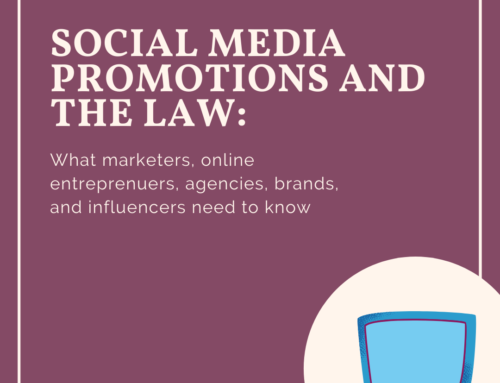
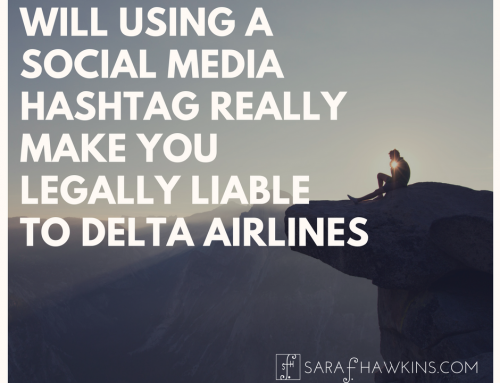

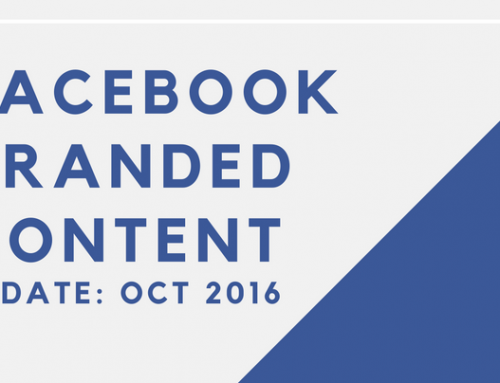
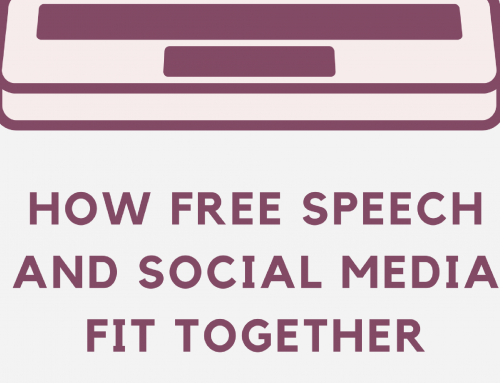
Very well written, easy to understand info. Thanks for staying up on all this and keeping the little guys informed.
So here is my question: If we use Rafflecopter as the main organization of a contest and all entries have to be placed into the Rafflesopter widget, is it now not acceptable to have a person pin something and then record the pin url into Rafflecopter? Pin to win… for lack of better terms. Even if it is an optional entry?
I did not notice it saying that we could not ask readers to “follow” as an entry. Did you?
As always, Sara, you provide the very info people must have but sites like Pinterest choose not to make very clear (even with a ‘translated’ legalese). The issue I see very few grasping in conversations I’ve had: many bloggers don’t consider themselves businesses when their revenue (however small or large) deems them otherwise. I get it that Pinterest doesn’t want to lose it’s huge base, but it is surprising to me how many don’t realize the change is important.
Thanks for digging into this subject. I do social media marketing for a business, and the changes are likely to influence our activities on Pinterest. It was a great relief when the site finally made real business pages available.